Nigeria’s music industry has evolved into one of the world’s most dynamic creative exports, with Afrobeats now firmly established as a central force in global pop culture. While the recording artists often take center stage, the Afrobeats ecosystem is sustained by a robust network of creatives, including producers, stylists, and crucially, music video directors.
The industry is not only culturally influential but economically significant. As streaming numbers skyrocket, the visual component of the music has become the primary vehicle for exporting Nigerian culture to the world.
A recent report by Nairalytics highlights the elite league of Nigerian cinematographers who have successfully guided music videos past the coveted 100 million views mark on YouTube. These are the directors defining the visual identity of Afrobeats.
1. Daps — The Global Heavyweight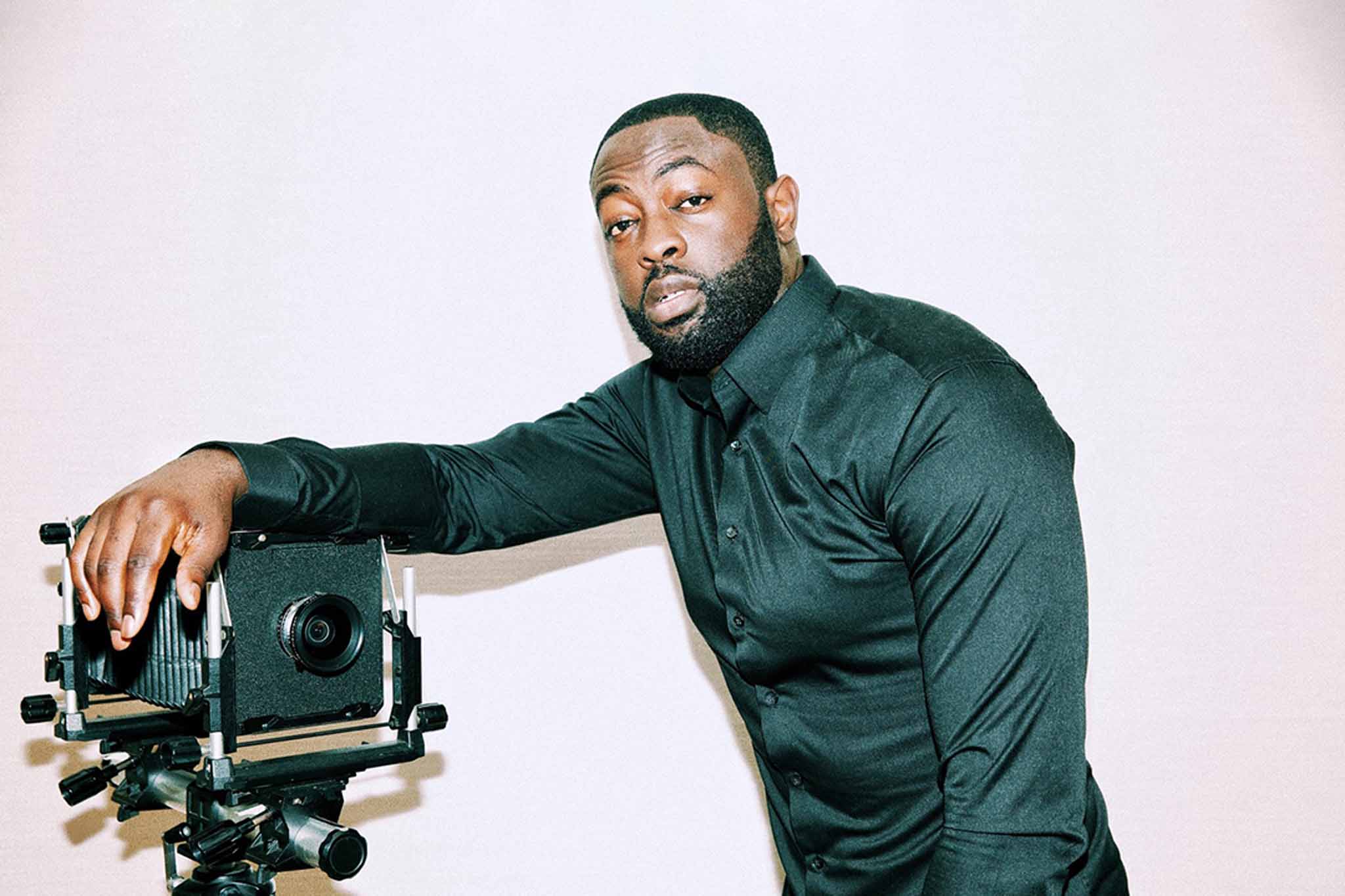
Video: Bad & Boujee (Migos)
Views: 1.3 Billion
Leading the pack with a staggering 1.3 billion views is Oladapo Fagbenle, professionally known as Daps. While he is a major player in the Nigerian scene, his chart-topping entry here is the global hip-hop smash Bad & Boujee by Migos. Daps represents the bridge between the Nigerian diaspora and the global music industry, having directed for international superstars while maintaining deep roots in the African creative space. His ability to deliver billion-stream visuals sets the gold standard for production quality.
2. Director Kay — The Viral Visionary
Video: Calm Down (Rema)
Views: 668 Million
Holding the second spot is Director Kay, the eye behind Rema’s global anthem, Calm Down. With 668 million views, this video was instrumental in propelling the song to international stardom before the remix with Selena Gomez even dropped. Director Kay’s work on this project highlights the shift in Nigerian videography toward storytelling that resonates with a global Gen-Z audience, utilizing vibrant colors and youthful energy.
3. Meiji Alabi — The Aesthetic King
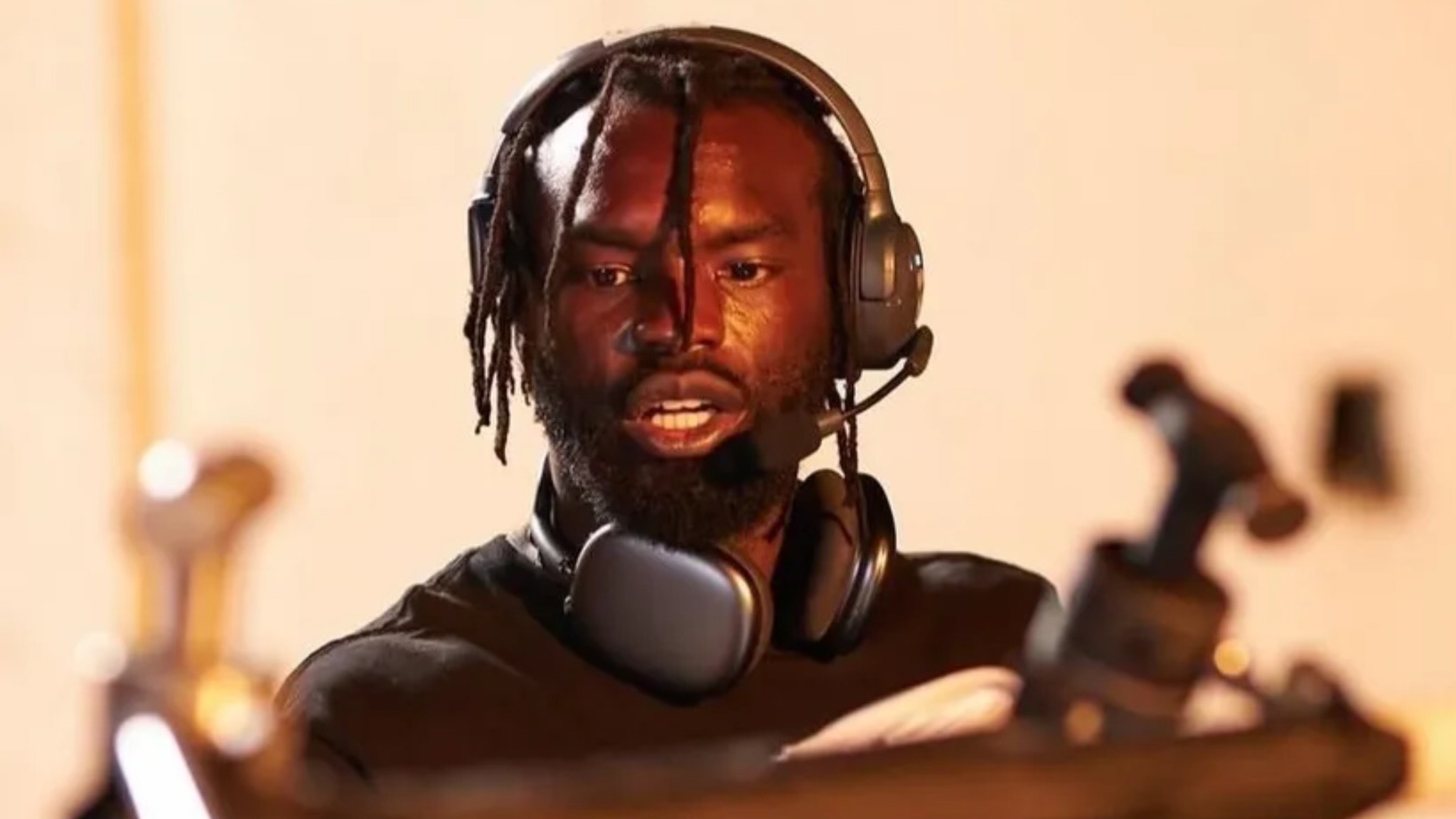 Video: On The Low (Burna Boy)
Video: On The Low (Burna Boy)
Views: 450 Million
Meiji Alabi is synonymous with the “Afro-fusion” visual aesthetic. His work on Burna Boy’s On The Low ( 450 million views) is widely considered a classic in the genre. Alabi is known for bridging the gap between London and Lagos, bringing a polished, high-fashion, and cinematic texture to music videos. His visuals often feel like short films, contributing significantly to Burna Boy’s “African Giant” persona.
4. TG Omori — The Blockbuster Director
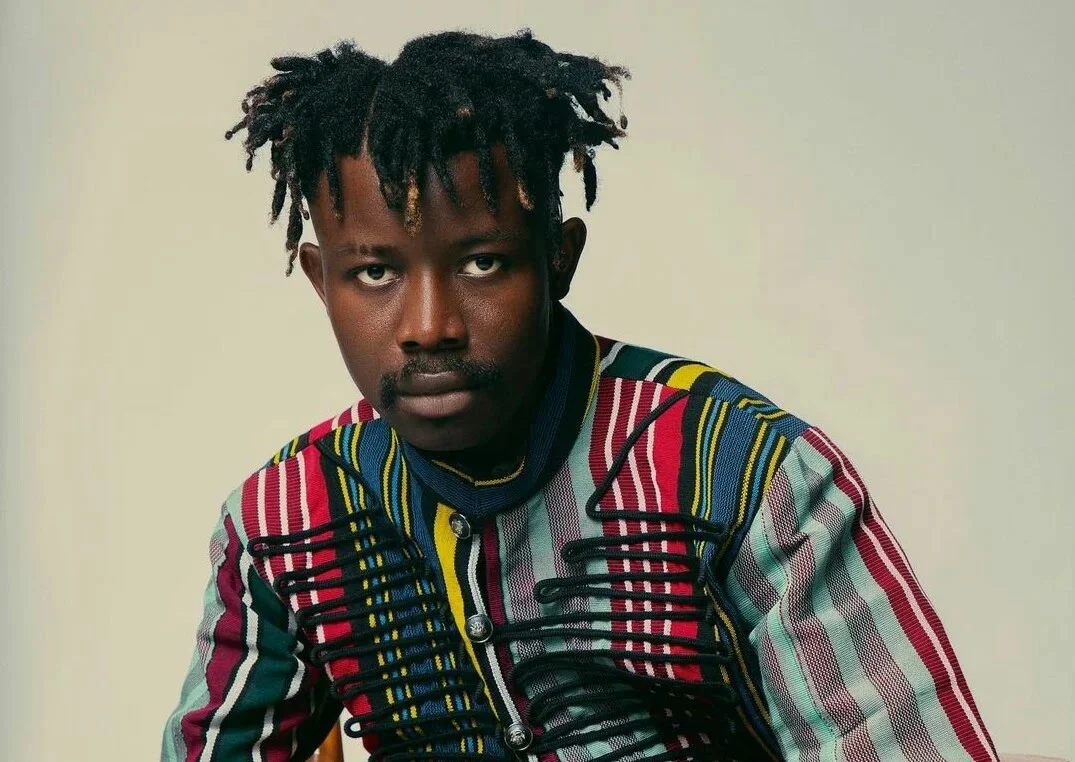 Video: Buga (Kizz Daniel)
Video: Buga (Kizz Daniel)
Views: 268 Million
ThankGod Omori, popularly known as “Boy Director,” has redefined the scale of Nigerian music videos. Known for his maximalist style, massive crowds, and elaborate costumes, his work on Kizz Daniel’s Buga garnered 268 million views. Omori is currently one of the most sought-after directors in the industry, commanding high budgets that reflect the growing economic power of the Nigerian music label system.
5. Dammy Twitch — The Clean Cut
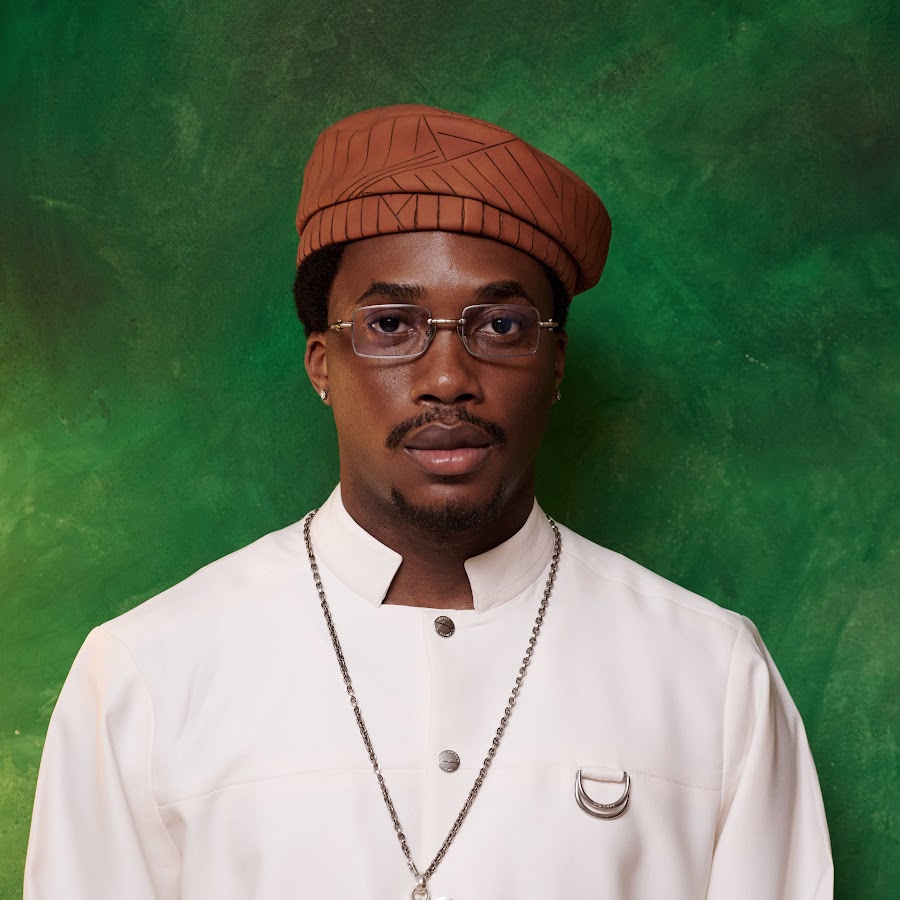 Video: Alcohol (Joeboy)
Video: Alcohol (Joeboy)
Views: 184 Million
Dammy Twitch has carved a niche for clean, sharp, and narrative-driven visuals. His direction of Joeboy’s Alcohol (184 million views) proves that a video doesn’t always need a cast of hundreds to be effective; it needs the right mood. His lighting techniques and editing style have made him a favorite for artists looking for a sleek, modern look.
6. Clarence Peters — The Godfather
 Video: Johnny (Yemi Alade)
Video: Johnny (Yemi Alade)
Views: 177 Million
No list of Nigerian directors is complete without Clarence Peters. A veteran who professionalized the industry, his work on Yemi Alade’s Johnny stands at 177 million views. Peters has remained relevant for nearly two decades, transitioning through different eras of technology and style. Johnny remains one of the most watched African music videos of all time, a testament to his enduring legacy.
7. Perlinks — The New Wave
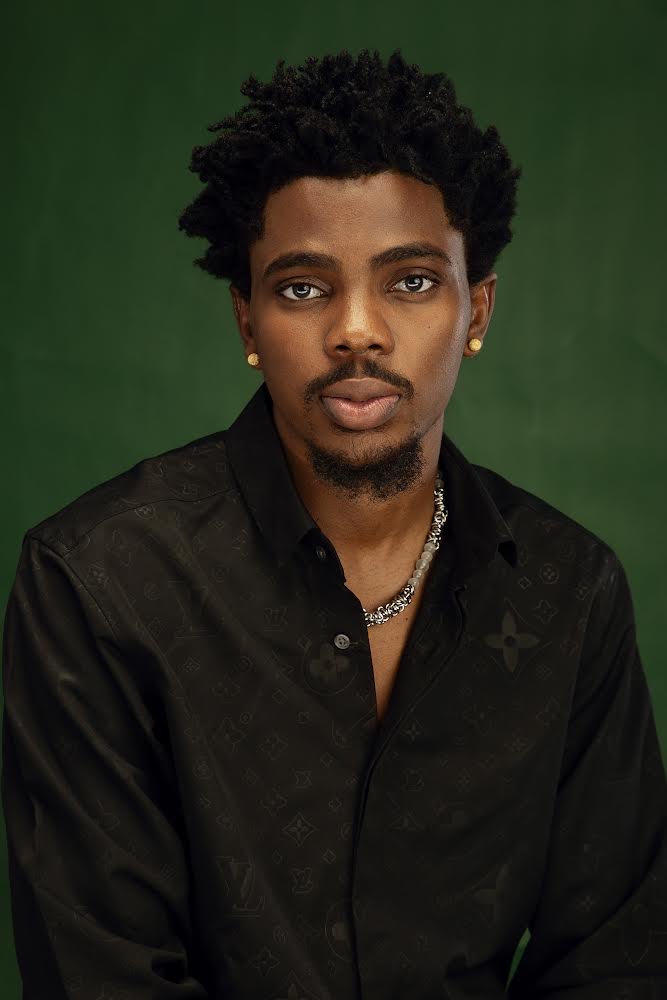 Video: Charm (Rema)
Video: Charm (Rema)
Views: 136 Million
Another entry for Rema’s discography is Charm, directed by Perlinks, with 136 million views. This entry signifies the rise of new talent in the directing space. As the demand for content increases, directors like Perlinks are stepping up to handle major projects for A-list artists, proving that the industry has a healthy pipeline of rising technical talent.
8. Director Pink — Breaking Boundaries
 Video: Egwu (Chike ft. Mohbad)
Video: Egwu (Chike ft. Mohbad)
Views: 130 Million
Rounding out the list is the phenomenal Director Pink (Pinkline Films), with 130 million views for Chike’s hit Egwu. As a female director in a heavily male-dominated field, Director Pink is a trailblazer. Her presence on this list signals a necessary and welcome shift in the industry, showcasing that women are not just in front of the camera in Afrobeats, but are also the powerful creative forces behind it.
Why This Matters
These numbers are not just vanity metrics; they represent revenue. YouTube monetization, brand partnerships, and the ability to tour globally are all tied to the visibility these videos provide. As these directors continue to push the boundaries of cinematography, they are ensuring that the Nigerian music industry remains not just a cultural movement, but a sustainable economic powerhouse.
Source: Data and rankings via Nairalytics.






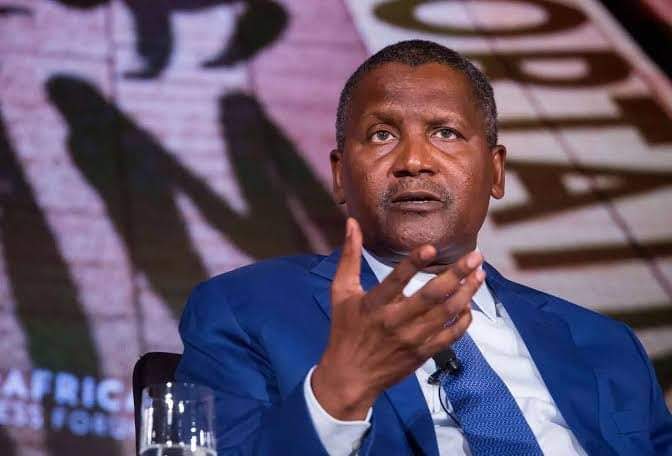
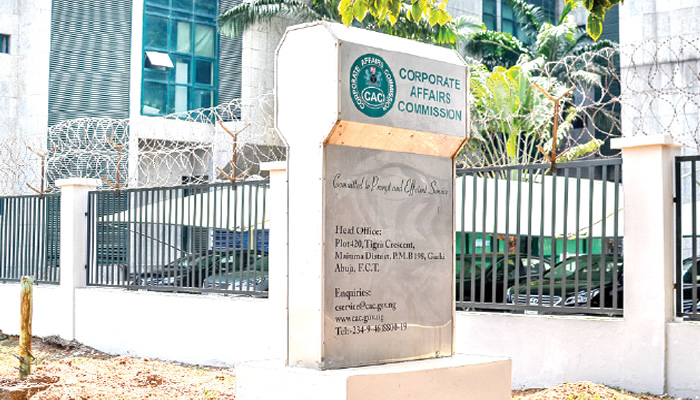

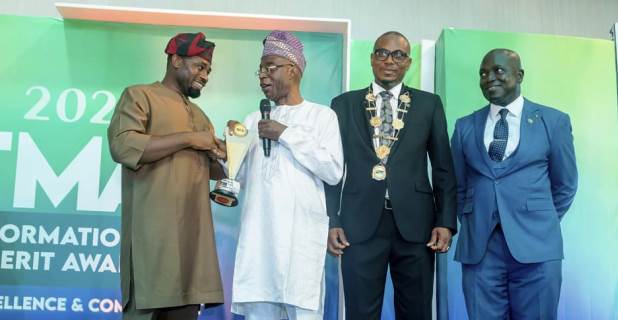
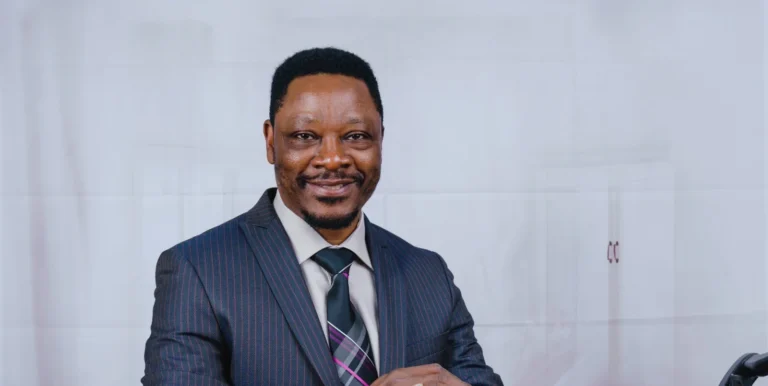

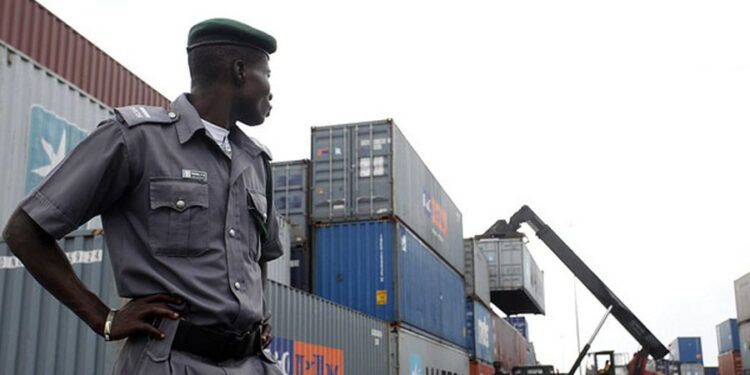
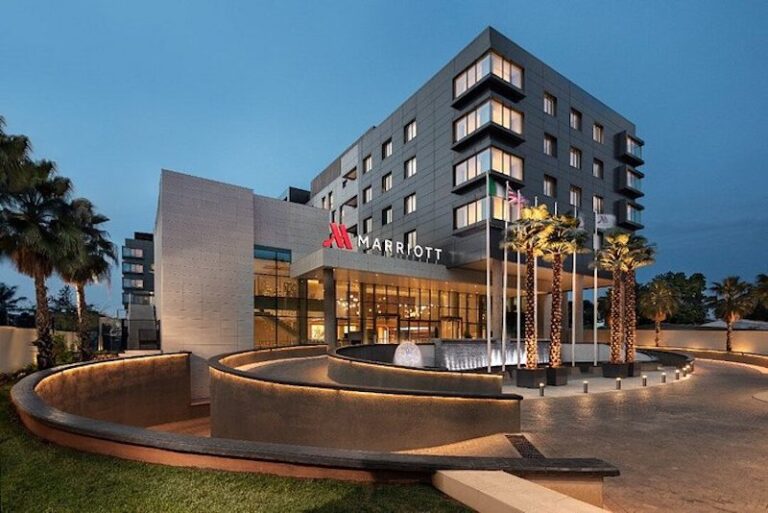
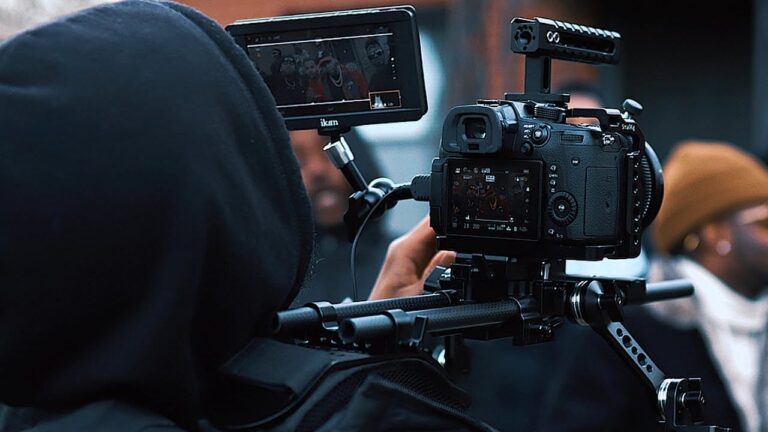


 Video: On The Low (Burna Boy)
Video: On The Low (Burna Boy) Video: Buga (Kizz Daniel)
Video: Buga (Kizz Daniel) Video: Alcohol (Joeboy)
Video: Alcohol (Joeboy) Video: Johnny (Yemi Alade)
Video: Johnny (Yemi Alade) Video: Charm (Rema)
Video: Charm (Rema) Video: Egwu (Chike ft. Mohbad)
Video: Egwu (Chike ft. Mohbad)